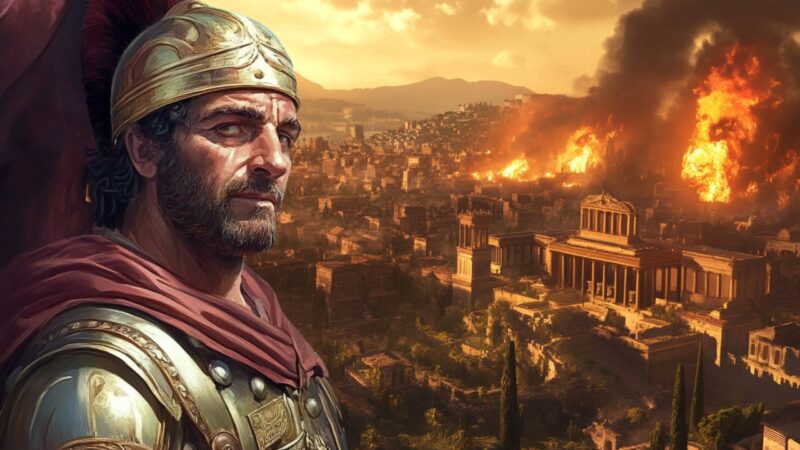
Share Post:
The Punic Wars fought between Rome and Carthage, were among the most significant conflicts of the ancient world.
Lasting nearly a century, from 264 BC to 146 BC, these wars ended with Carthage’s complete destruction and the rise of the Roman Empire as the dominant force in the Mediterranean.
But what if things had gone differently?
What if Carthage had won the Punic Wars and Hannibal had defeated Rome? The world as we know it would look vastly different.
The Fall of Rome
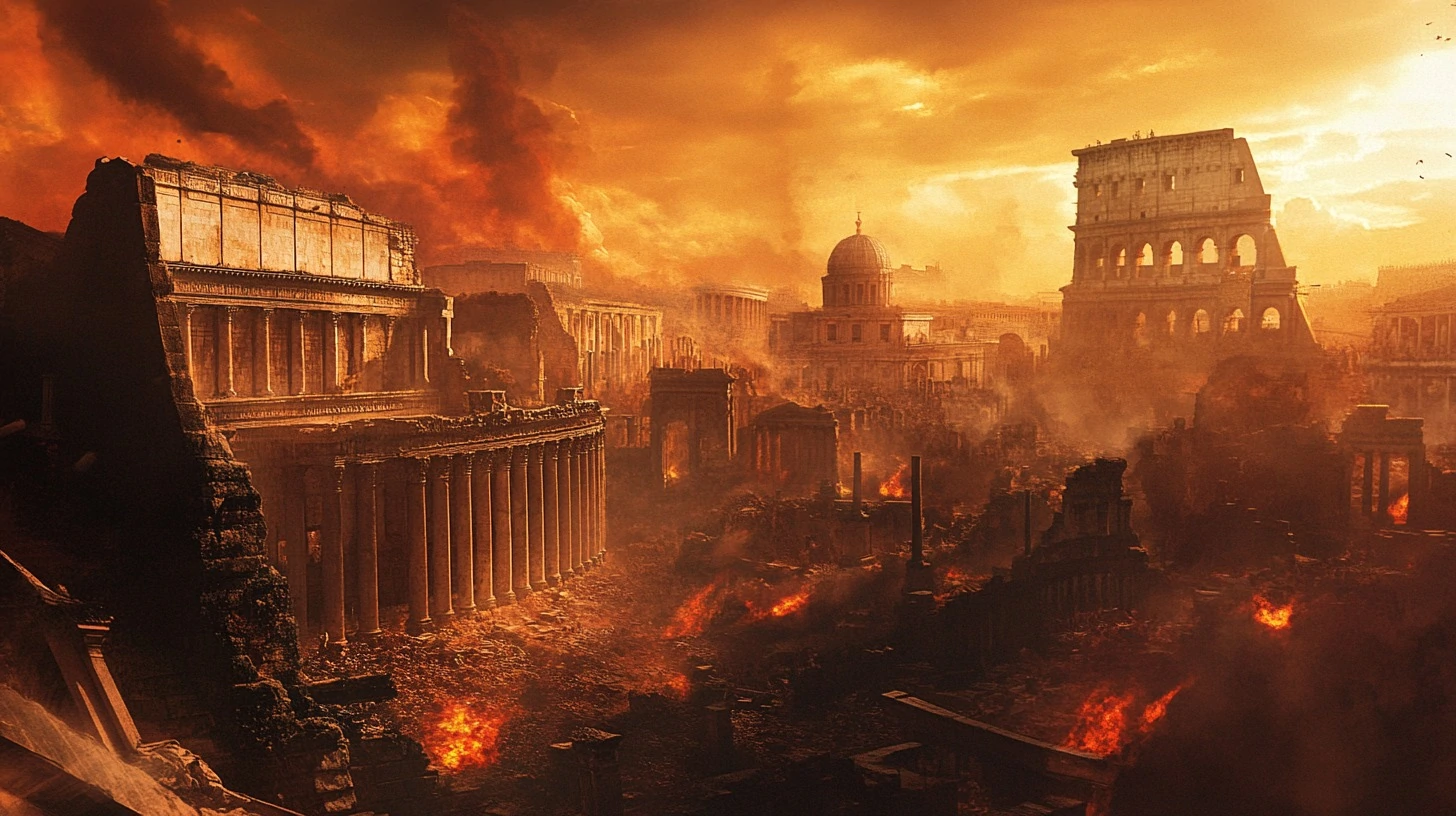
Had Hannibal defeated Rome, the Roman Republic would have crumbled, marking a profound shift in world history.
Here’s how things might have unfolded:
| Aspect | Carthaginian Rule After Victory |
|---|---|
| Rome Becomes a Carthaginian Province | Rome would become a tribute-paying province, with Hannibal exploiting its wealth, land, and resources to benefit Carthage. |
| End of Roman Expansion | Rome’s territorial expansion would stop. Sicily and Italy would fall under Carthaginian control, and Roman legions disbanded. |
| Carthage’s Focus on Trade Over Conquest | Carthage would prioritize trade and economic dominance, securing Mediterranean trade routes and forming alliances. |
| A Fragmented Europe | Europe’s development would slow without Roman infrastructure or unity, leaving Western Europe fragmented. |
| Carthaginian Governance | Rome would become a trading hub with heavy taxation, fostering a blend of Carthaginian and Roman cultures focused on commerce. |
The Rise of the Barca Family
In the aftermath of a Carthaginian victory, Hannibal would ascend to legendary status, securing the power of his family, the Barcas, within Carthage.
With military leadership in the hands of the Barcas, Carthage would focus more on land-based expansion.
Their priority would be conquering the rest of Iberia (modern-day Spain), which had already become a stronghold for the Barcas before the Punic Wars.
The expansion might solidify Carthage’s power in the western Mediterranean, leading to a stable empire based on both land and sea control.
However, unlike Rome, Carthage’s preference for trade over warfare would likely prevent it from expanding too far into Europe.
A Trade Empire
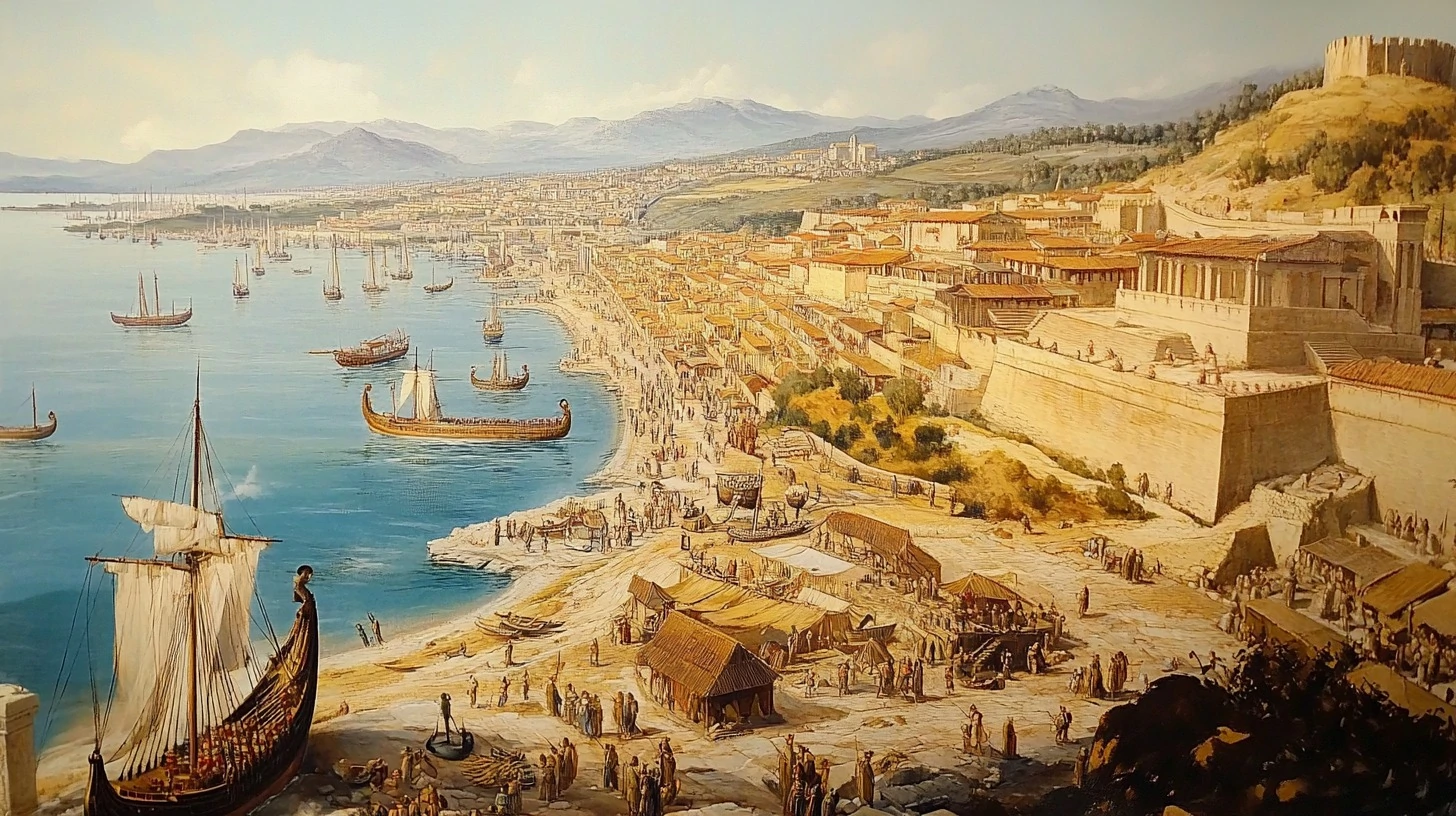
While Rome’s power was built through conquest and military expansion, Carthage thrived as a maritime and economic power.
After defeating Rome, Carthage would have focused on expanding its trade routes and colonies, rather than building a vast land empire.
Expansion of Trade Routes and Colonies
Carthage was already a leader in maritime trade before the Punic Wars, and with Rome out of the picture, it would have solidified its control over Mediterranean trade.
- African Colonies: Long before European powers colonized Africa, Carthage would likely establish colonies along the African coast.
- Cape of Good Hope: Carthage’s skilled navigators might have been the first to round the Cape of Good Hope, opening up new trade routes with India and the Far East.
- Asian Trade Routes: By establishing direct trading routes with India and China, Carthage would expand its influence far beyond the Mediterranean.
Mercantile Focus Over Military Conquest
- Economic Dominance: Carthage would prioritize trade, securing markets, and developing partnerships with other civilizations rather than conquering them.
- Mercenaries Over Standing Armies: Instead of maintaining a massive army like Rome, Carthage relied on mercenaries to fight its wars.
- Alliance-Building: Carthage would likely focus on forming alliances with neighboring civilizations and creating mutually beneficial trade agreements.
Carthage as a Global Maritime Power
- Mediterranean Prosperity: Under the Carthaginian rule, Cities like Rome, Alexandria, and Carthage would become critical centers for exchanging goods, ideas, and culture.
- African Trade Dominance: Carthage’s early colonization efforts in Africa would give it a significant advantage over other civilizations.
- Global Influence: Carthage expanded its trade routes to include Asia and potentially even the Americas.
A Barbaric West or a Blending of Civilizations?
With Carthage in control, the fate of Western Europe becomes uncertain.
Without the Pax Romana, Rome’s imposed peace and stability, Western Europe might have remained a land of warring tribes. Germanic, Celtic, and Gallic tribes would continue to fight for dominance.
However, it’s possible that Carthage, through its trading networks, could have slowly introduced civilization to these regions, fostering the development of cities in places like Iberia.
But Carthage’s expansion into Gaul and Britannia would likely be limited, leaving these regions relatively independent and culturally distinct.
Western Europe could have become a patchwork of loosely connected tribes, with no single empire rising to control it.
Christianity and Islam
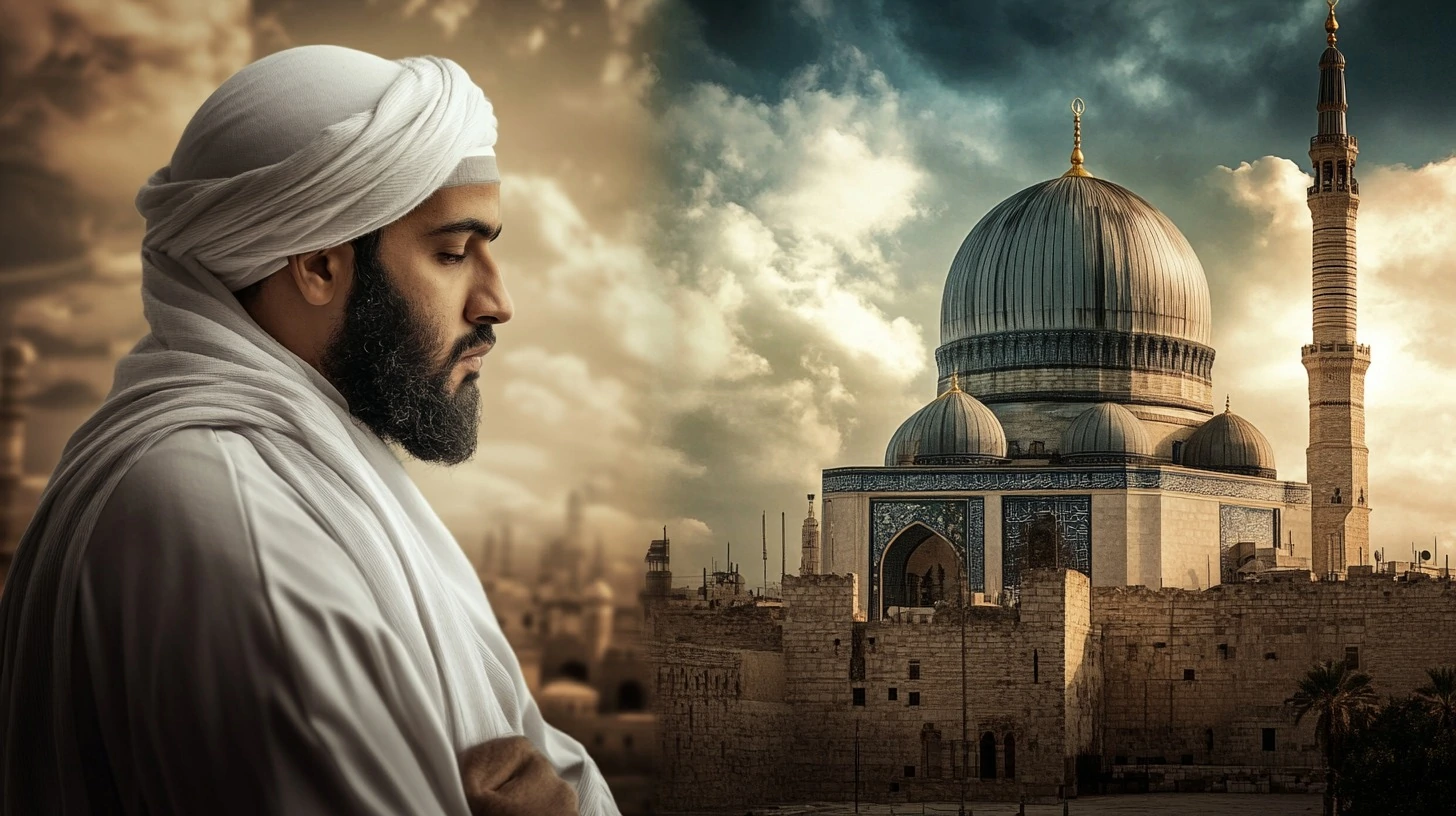
A Carthaginian victory in the Punic Wars would have significantly altered the religious landscape of the world.
Without Roman influence, the course of Christianity and Islam might have taken a vastly different trajectory.
| Aspect | Details |
|---|---|
| The Absence of Crucifixion | Jesus would likely not be crucified, altering the core of Christianity. Without Roman infrastructure, Christianity’s spread would be limited to the Middle East. |
| No Roman Adoption of Christianity | Without Rome’s adoption, Christianity would remain a minor, localized religion, centered around Carthage or the Parthian Empire, with limited European influence. |
| Impact on the Emergence of Islam | Islam might not emerge without Christianity’s influence. If it did, Carthage would block Arab expansion into Spain, creating a prolonged rivalry. |
| A Very Different Religious Landscape | Both Christianity and Islam would have minimal influence in Europe. Carthage’s control of North Africa would prevent Islam’s westward spread. |
Carthage Discovers the Americas
One of the most intriguing alternate history scenarios is the possibility that Carthage, as a dominant seafaring and trading empire, would discover the Americas centuries before European explorers.
With their superior naval technology and maritime skills, the Carthaginians could have ventured beyond the Mediterranean and into the Atlantic, ultimately reaching the shores of the New World.
A Seafaring Power
Carthage’s expertise in navigation and shipbuilding was unrivaled in the ancient world. Their maritime prowess enabled them to control vast trading networks across the Mediterranean. It’s highly plausible that, following their victory over Rome, they would continue expanding their trade routes further west into the unknown waters of the Atlantic.
- Naval Superiority: Carthage’s navy was one of the most advanced of its time, with strong warships and highly skilled sailors.
- Explorative Drive: As a civilization focused on expanding trade networks, Carthage would likely be motivated to seek new markets and resources across the Atlantic.
Discovery of the Americas
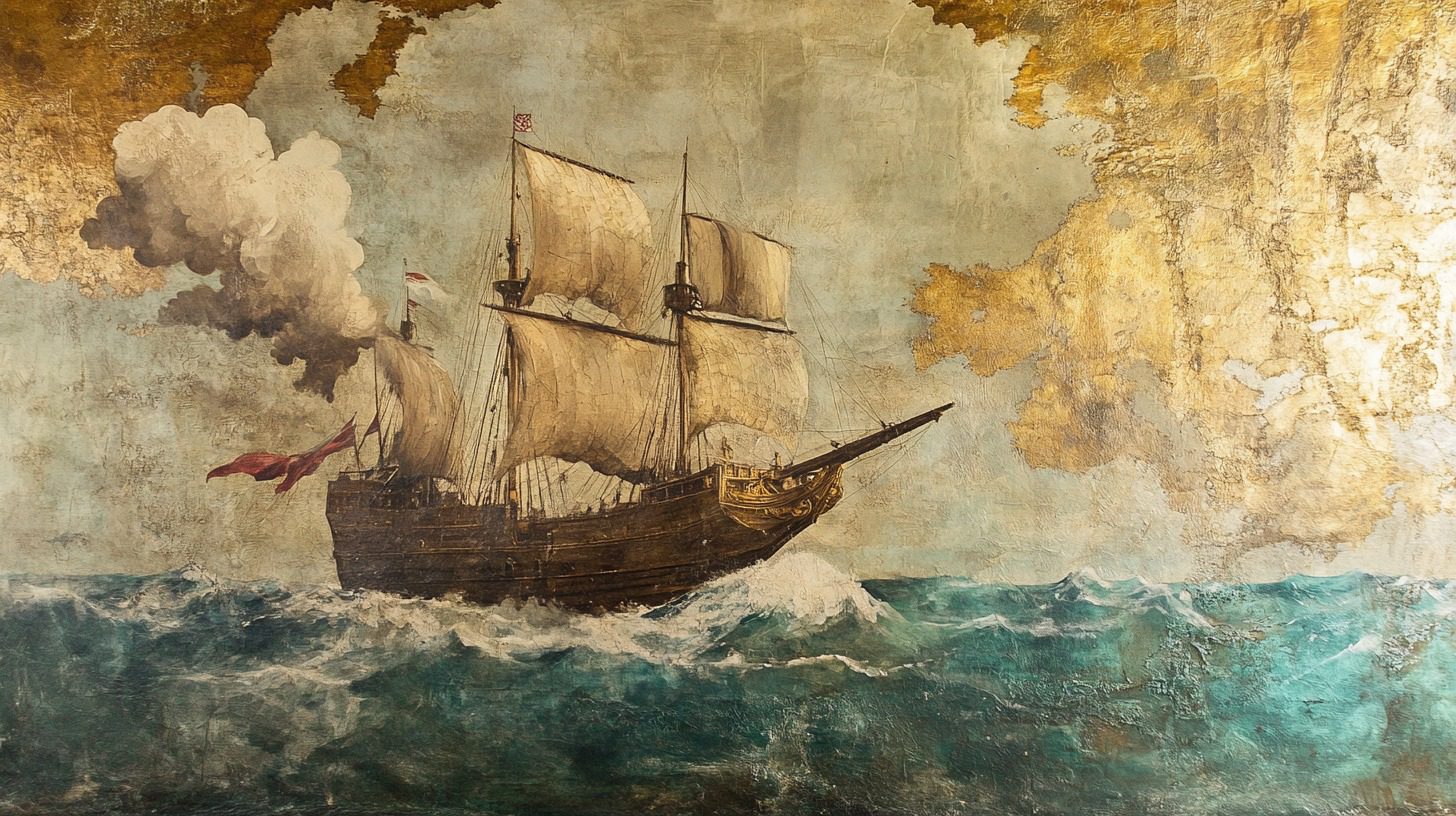
The Carthaginians, renowned for their adventurous spirit in exploration, would eventually venture across the Atlantic and discover the Americas long before the European Age of Exploration.
Their expertise in long-distance navigation, combined with their desire to establish new trading outposts, would drive them to sail further into the unknown.
- Sailing Beyond the Pillars of Hercules: The Carthaginians already sailed along the coast of Africa and beyond the Strait of Gibraltar (referred to as the Pillars of Hercules).
- Contact with Indigenous Civilizations: The Carthaginians could have encountered advanced indigenous civilizations like the Maya, Inca, or early pre-Aztec cultures.
Peaceful Trade, Not Conquest
Unlike the Spanish and other European powers, whose expeditions were driven by conquest and resource exploitation, Carthage’s primary focus was commerce.
Their relationship with the indigenous peoples of the Americas might have been based on trade rather than domination, fostering peaceful exchanges.
- Trade Over Conquest: Carthage would have been more interested in establishing trading partnerships with native civilizations and exchanging goods.
- Mutual Benefit: The peaceful nature of Carthaginian trade could lead to mutual economic growth, with both Carthage and indigenous civilizations benefiting from the exchange.
An African Renaissance
Had Carthage won the Punic Wars and risen to dominance, the historical forces that led to Europe’s Renaissance might have instead been concentrated in North Africa.
The same cultural exchange, economic prosperity, and rediscovery of ancient knowledge that sparked Europe’s intellectual revival could have occurred in Carthage centuries earlier, shifting the center of modernity from Europe to Africa.
Carthage was already a thriving civilization before its fall. As a major center for trade and commerce, Carthage had access to resources, goods, and ideas from across the Mediterranean, Africa, and beyond.
Its sophisticated maritime empire allowed for constant contact with various cultures, leading to a melting pot of knowledge, technology, and artistic expression.
The city itself was a marvel of ancient architecture and urban planning, with impressive harbors, markets, and public buildings that showcased its wealth and sophistication.
The Bottom Line
If Carthage had won the Punic Wars, the world would have experienced a profound shift in its cultural, economic, and political situation.
The rise of a mercantile, maritime empire would have reshaped Europe, delayed the Roman legacy, and positioned North Africa as the epicenter of a global renaissance.
History would have taken a dramatically different course, one defined by Carthage’s economic power, cultural diversity, and far-reaching trade networks.






